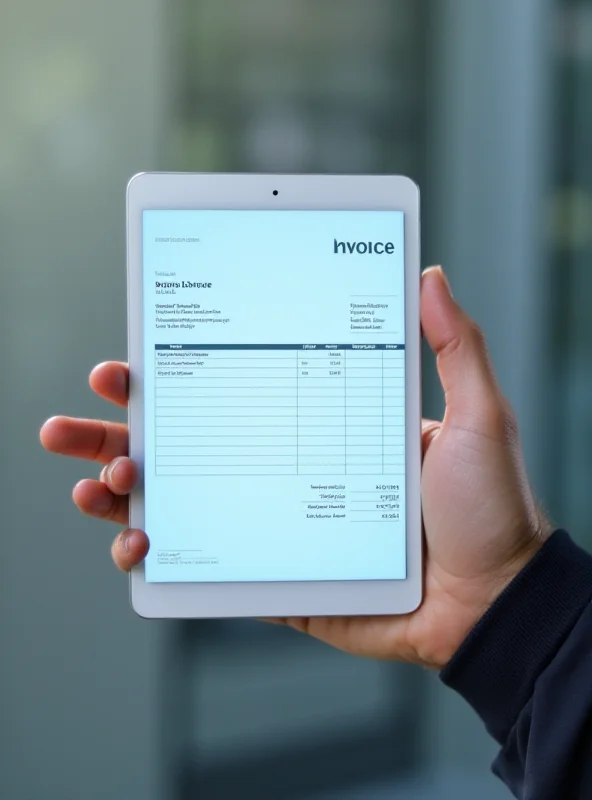Spain's business environment is a dynamic mix of regulations, opportunities, and challenges. From navigating licensing requirements to understanding new tax regulations and striving for gender equality, businesses operating in Spain face a multifaceted landscape. Let's delve into some key aspects shaping the Spanish business world today.
Navigating Business Licenses in Spain
Starting a business in Spain often involves understanding the licensing requirements. While some commercial activities necessitate a special license before opening doors, others are exempt. It's crucial to research the specific requirements for your business type to ensure compliance and avoid potential legal issues. Failure to obtain the necessary licenses can lead to fines or even business closure.

Recently, delivery platform Just Eat accused Glovo of unfair competition, alleging that Glovo's practices harmed their business in Spain. This highlights the importance of fair market practices and adherence to regulations within the Spanish business ecosystem. Just Eat, which recently agreed to sell to the Prosus fund, is also launching a paid subscription service in the Spanish market, further showcasing the competitive nature of the industry.
New Tax Regulations and Electronic Invoicing
Spain is moving towards greater digital integration in its tax system. Under the new tax regulations, companies can voluntarily begin submitting their documents to the Tax Agency. However, the mandatory implementation of electronic invoicing won't be enforced until 2026. This provides businesses with a grace period to adapt to the new requirements and implement the necessary systems. It's advisable to start preparing now to ensure a smooth transition and avoid potential penalties in the future.

Pensions and the Pursuit of Gender Equality
Spain's pension system is also evolving. For the first time, the average retirement pension has exceeded €1,500 per month. While this is a positive development, the overall average benefit across the entire system remains lower, at €1,307 per month, due to lower payments for widowhood, orphanhood, and permanent disability. This disparity highlights the need for continued efforts to improve social security and ensure adequate support for all citizens.
Furthermore, Spain is actively working towards achieving gender equality in the workplace. According to the organization Closingap, eliminating the gender gap in the labor market could increase GDP by 17%. However, Closingap estimates that it could take Spain as long as 37 years to achieve full gender equality. This underscores the long-term commitment and sustained effort required to create a more equitable business environment. "Closing the gender gap is not just a matter of fairness, but also a significant economic opportunity for Spain," says Ana Perez, an economist specializing in gender equality.

In conclusion, the Spanish business landscape is a complex and evolving ecosystem. Navigating licensing requirements, adapting to new tax regulations, improving the pension system, and striving for gender equality are all crucial aspects of doing business in Spain today. Businesses that understand these dynamics and proactively adapt to the changing environment will be best positioned for success.
